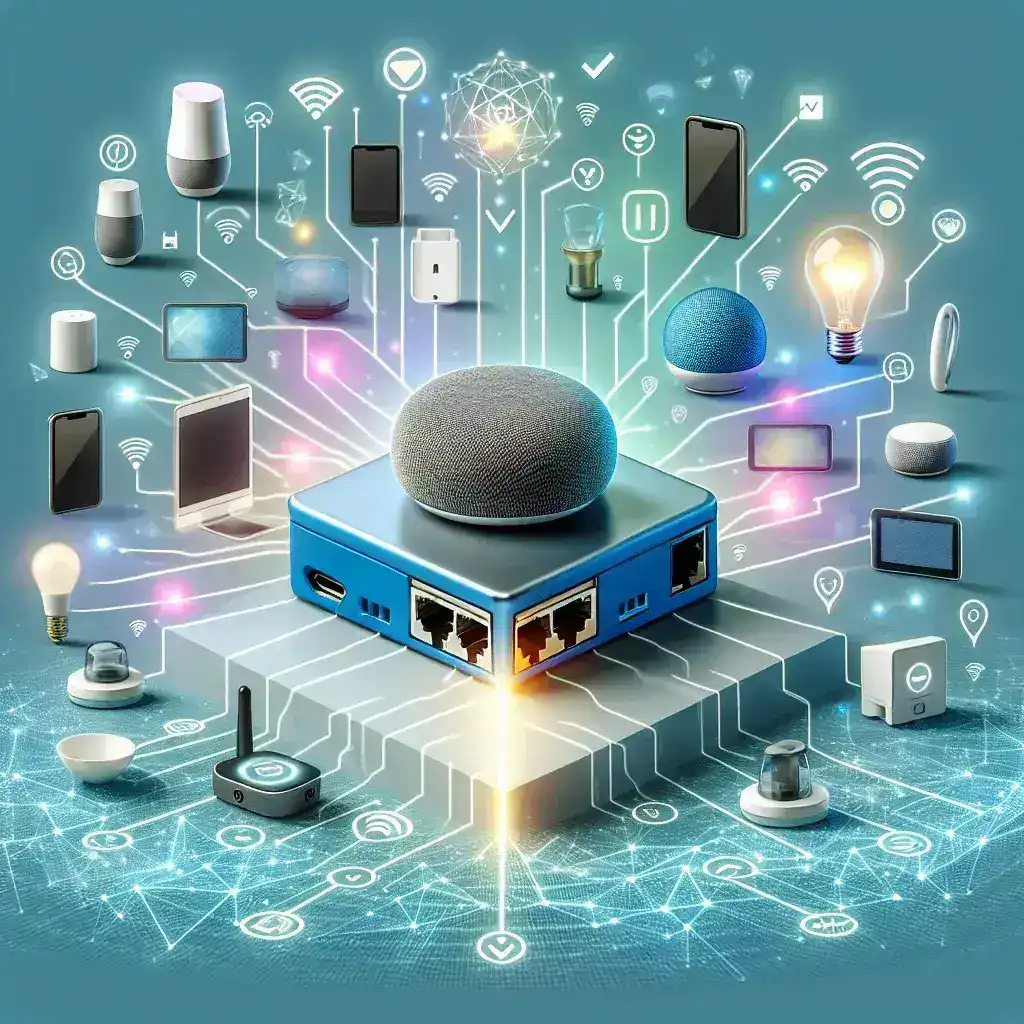The integration of the Internet of Things (IoT) in various industries and consumer domains has revolutionized how devices communicate and operate. Central to this functionality is the network adapter, a crucial component that enables IoT devices to connect to networks. However, ensuring compatibility between network adapters and IoT devices is essential for seamless connectivity, efficiency, and security. This article delves into the key compatibility considerations for using a network adapter with IoT devices.
Table of Contents
- Network Standards and Protocols
- Connectivity Range and Environment
- Power Consumption and Efficiency
- Security Features and Protocols
- Device Compatibility and Interoperability
- Update and Support
Network Standards and Protocols
Different IoT devices are designed to operate on various network standards and protocols. Compatibility with these standards is crucial for the seamless operation of IoT devices.
| Standard | Description |
|---|---|
| Wi-Fi | Suitable for high data rate applications across short to medium ranges. Common in consumer devices. |
| Bluetooth | Ideal for short-range communication with low power consumption. Used in personal devices and small networks. |
| Zigbee | Designed for low-power, low-data rate communication in mesh networks. Common in smart home and industrial applications. |
| LoRaWAN | Long-range, low-power communication for wide-area networks. Suitable for agricultural, urban, and industrial IoT applications. |
| Narrowband IoT (NB-IoT) | Optimized for wide coverage, low power, and low data rate applications in large-scale IoT deployments. |
Connectivity Range and Environment
Understanding the range and environmental factors affecting IoT devices is crucial for selecting the right network adapter. Different adapters have varying connectivity ranges that influence the performance based on the deployment environment.
- Short Range: Adapters designed for short-range connectivity, such as Bluetooth, are appropriate for home automation and personal devices.
- Medium Range: Wi-Fi adapters are suitable for medium-range connectivity, providing robust data rates for residential and commercial applications.
- Long Range: LoRaWAN and NB-IoT adapters cater to long-range connectivity, ideal for vast geographical areas like agricultural or smart city applications.
Power Consumption and Efficiency
Power consumption is a critical consideration, especially for battery-operated IoT devices. The network adapter’s power efficiency can significantly impact the device’s overall battery life and operational cost.
- Low Power: Adapters such as Zigbee and Bluetooth Low Energy (BLE) are designed for minimal power consumption, suitable for battery-operated devices.
- High Power: Wi-Fi adapters generally consume higher power, more apt for applications where power supply is not a constraint.
Security Features and Protocols
With the increasing number of connected devices, security is paramount. Network adapters must support advanced security features and protocols to safeguard data integrity and privacy.
- Encryption: Ensure the adapter supports robust encryption standards like AES to protect data transmission.
- Authentication: Multi-factor authentication can add an additional layer of security, ensuring only authorized devices access the network.
- Firmware Updates: Regular updates and patches are essential to close security vulnerabilities.
Device Compatibility and Interoperability
Not all network adapters are universally compatible with all IoT devices. It is critical to verify that the adapter supports the specific device’s hardware and software requirements.
- Hardware Compatibility: Check the physical ports and interfaces for compatibility with the IoT device.
- Software Support: The adapter’s driver and firmware should be compatible with the device’s operating system and application software.
Update and Support
Ongoing support and updates from the network adapter manufacturer are vital to ensure longevity and performance. Lack of support can lead to vulnerabilities and operational inefficiencies over time.
- Firmware Updates: Regular updates can enhance performance and security.
- Technical Support: Reliable customer support can help troubleshoot and resolve issues efficiently.
In conclusion, selecting the appropriate network adapter for IoT devices requires comprehensive consideration of network standards, connectivity range, power consumption, security features, device compatibility, and update support. Ensuring these factors are addressed will lead to efficient, reliable, and secure IoT deployments, ultimately driving the success of IoT initiatives.

